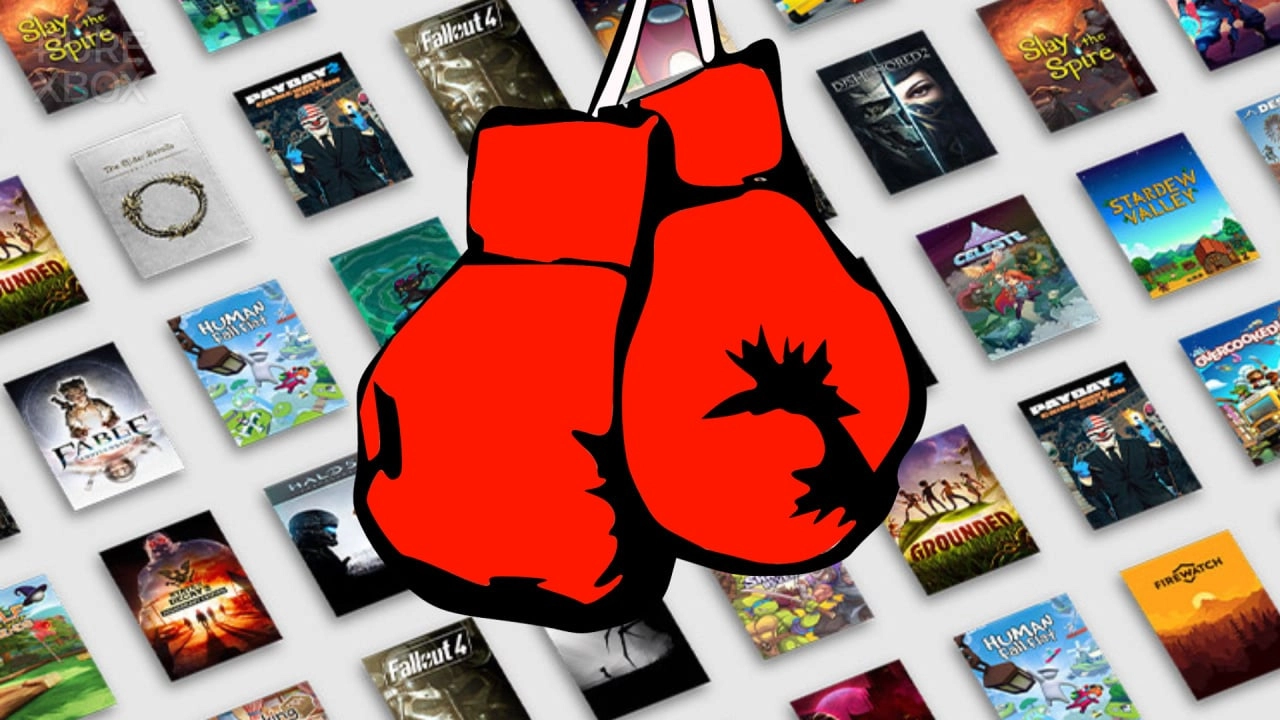
The ongoing legal battle between Microsoft and the Federal Trade Commission (FTC) has heated up with recent filings from both sides regarding the Xbox Game Pass service and Microsoft’s acquisition of Activision Blizzard. The FTC has accused Microsoft of using its enlarged market power post-merger to manipulate service offerings in a way that could harm competition, particularly criticizing the introduction of a new "Standard" service tier and a price hike for its Game Pass product.
Microsoft's response was swift and stern, as it submitted a formal rebuttal addressing what it described as the FTC’s “misleading, extra-record account of the facts.” The focus of their argument was to clarify the changes made to the Xbox Game Pass and to defend the restructuring as beneficial rather than detrimental to consumers.
The controversy primarily revolves around Microsoft’s recent announcement to increase the monthly subscription fee of Xbox Game Pass Ultimate from $16.99 to $19.99. This tier of service is noted for offering substantial value, providing access to a broad library of games, including new titles available on their release date. Microsoft highlighted the addition of high-profile games like Call of Duty to Game Pass on the day of release as a clear sign of added value, contrary to FTC’s implications that the service had been downgraded.
Moreover, Microsoft contested the characterization of the new Game Pass "Standard" as a “degraded” service. This tier, priced lower than the 'Ultimate' version, offers a trimmed-down version of the service that does not include multiplayer functionality – which previously had to be purchased separately at an additional cost. Microsoft points out that the overall pricing structure remains a cost-effective option for users, suggesting that the new tier allows greater flexibility and choice for consumers depending on their preferences and budget.
The FTC’s filings also noted concerns beyond the scope of Xbox Game Pass changes, hinting at broader anti-competitive behaviors stemming from the merger with Activision Blizzard. These included accusations centered on the availability of popular game titles like Call of Duty, alleging that Microsoft’s actions could potentially exclude competitors such as Sony’s PlayStation from accessing significant gaming content. However, Microsoft refuted these claims by stating that there has been no evidence suggesting that the availability of such titles has been restricted and mentioned that PlayStation Plus continues to perform well in the market, further indicating healthy competition.
The exchange between Microsoft and the FTC is part of a larger scrutiny under which big tech companies find themselves, as regulators intensively examine their operations for potential anti-competitive strategies that could stifle market diversity. This case is particularly significant given the scale of the parties involved and the high stakes in the lucrative gaming industry.
While Microsoft maintains that its conduct and recent changes to Xbox Game Pass are aimed at enhancing customer choice and service value, the ongoing legal challenge from the FTC suggests that the debate over digital marketplace competition is far from settled. The outcome of this battle will not only affect the involved companies but could set precedents for how digital services are regulated and managed in the future.
The dispute illustrates the complexities involved in balancing business strategies aimed at consumer engagement and market growth, against regulatory measures designed to maintain competition and prevent monopolistic practices. As both sides prepare for further confrontations in court, the broader tech and gaming communities remain closely tuned to any developments that could impact the landscape of digital entertainment and market competition.
You must be logged in to post a comment!